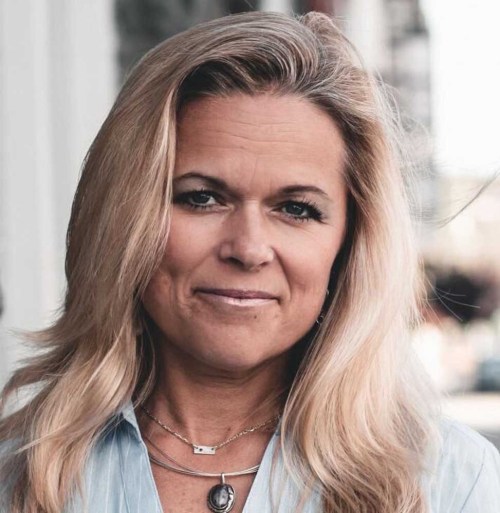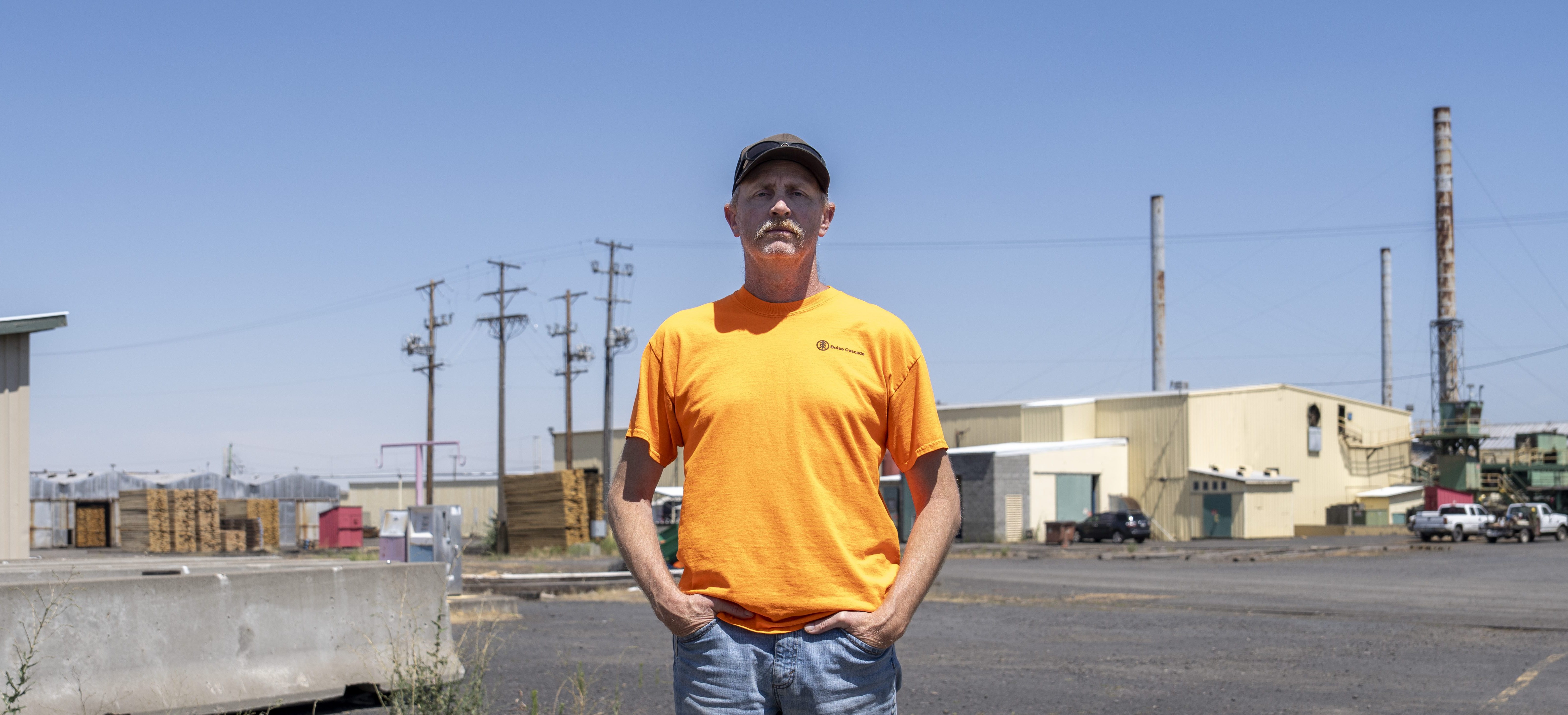Oregon fee hikes for food safety, livestock and water gain traction
Published 11:00 am Thursday, June 17, 2021

- Breese-Iverson
SALEM — A key legislative budget committee has voted to authorize maximum fee increases affecting food safety, livestock and water, though some of the hikes aren’t as steep as originally proposed.
Several bills raising the maximum cap on such fees will soon be voted on by the full Joint Committee on Ways and Means after receiving approval from its Natural Resources Subcommittee.
Trending
Approval by the Ways and Means Committee is typically the final step before budget-related proposals are voted on by the full Legislature.
Under Senate Bill 32, which would raise maximum livestock fees, was recommended for approval 5-3 by the subcommittee on Monday, June 14.
The bill initially intended to increase the maximum fee for seven transactions, but has since been amended to only change four fees.
The maximum brand inspection fee will be increased to $1.35 per head of cattle, up from the current $1 but down from the originally proposed $1.50.
An emergency clause in the amended version would allow the Oregon Department of Agriculture more time to collect higher fees, so they may not have to reach the maximum level as quickly.
Maximum fee increases for livestock feed manufacturers were also recommended for approval by the subcommittee, which voted 6-2 to approve Senate Bill 36. The bill would double license fees from $500 to $1,000 per manufacturer, and triple the fees per commercial feed product from $20 to $60.
Trending
Dairies, egg handlers, bakers, food processors and grocery stores would face increased food safety fees under Senate Bill 33, which the subcommittee recommended for approval 5-3.
However, the subcommittee amended the bill so that maximum food safety fees would increase 7% in mid-2022 and another 7% in mid-2023, rather than rise 15% each year, as originally proposed.
Rep. Vikki Breese-Iverson, R-Prineville, said she could not support the proposed fee hikes after the hardship that agricultural communities have suffered during the coronavirus pandemic.
“All we’re doing is increase their fees and make it more difficult and harder for them to stay in business and support our state,” she said.
An increase in maximum fees for water transactions charged by the state’s Department of Water Resources was also recommended by the subcommittee 5-3 on June 15.
The maximum fees would rise 17.39% under House Bill 2142, which was also opposed by Breese-Iverson.
“I feel it is very difficult and disingenuous when we’re going into a drought year to raise the fees for something these guys aren’t going to get, which is water,” she said.









